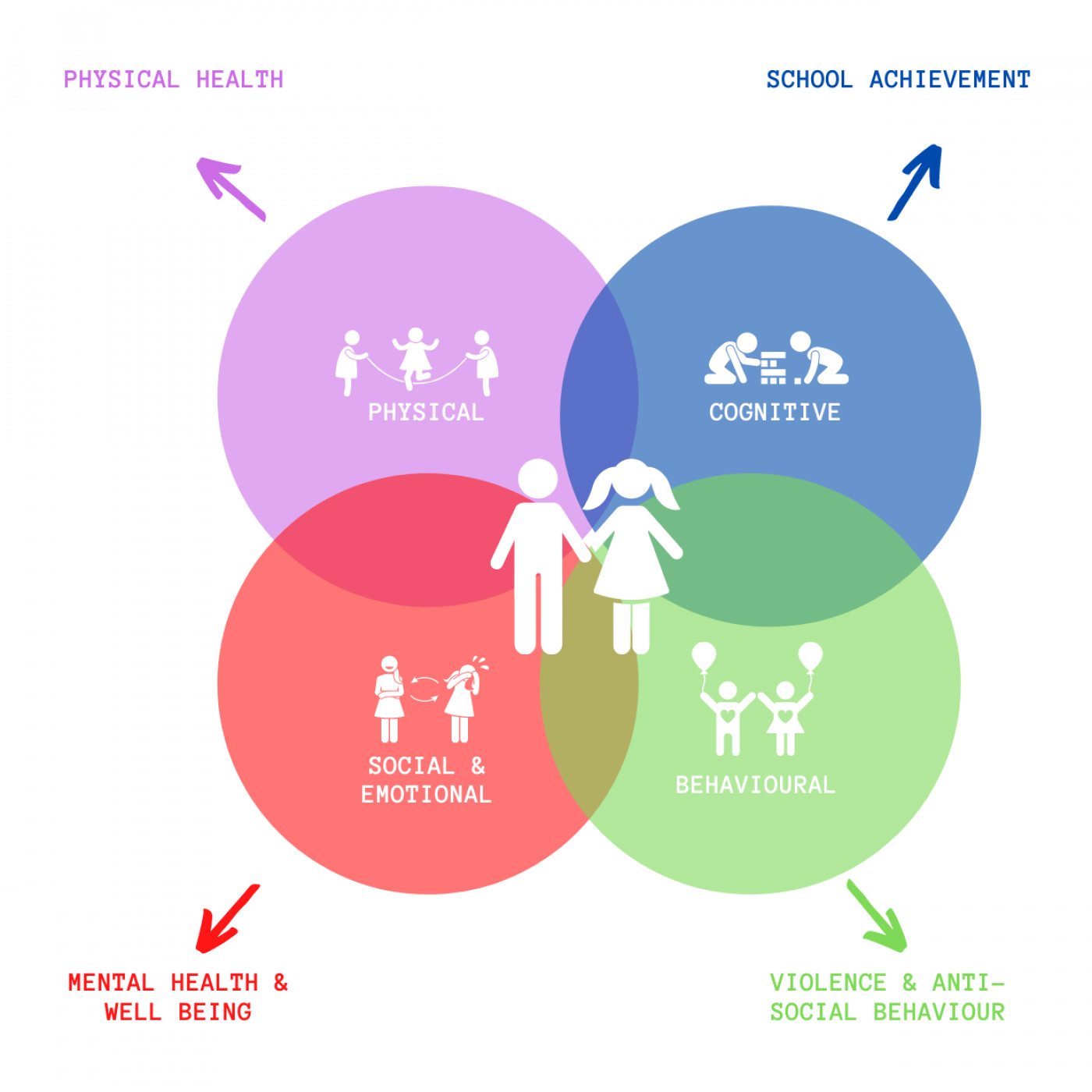
Early Intervention & Why It's Vital
Everyone agrees that all children deserve the best possible start in life as a bedrock for well-being, happiness and meaningful life. So, how can we build a solid foundation for students?
The research reminds us that early intervention in the first years of a child's life is vital and helps improve learning, leading to better learning outcomes from childhood into the teenage years.
What is early intervention?
In general, early intervention refers to services and supports that can help young children who encounter difficulties reach developmental milestones or have been identified with needs.
Many students face disadvantages or challenges that can impact their development and hinder their academic, emotional and behavioural growth. Failing to take action early, can lead to a range of negative consequences. For instance, research shows a link between behavioural problems and lower academic results. In addition, poor emotional and social skills as a child can lead to relationship problems or poor mental health as an adult. Most of the time, when the child reaches adolescence or adulthood, these issues are likely to be more damaging and more difficult to address.
However, these difficult challenges are not set in stone!

The earlier, the better. Why early intervention is so important.
The main goal of early intervention is to prevent problems from occurring or to tackle them before they get worse. It is also about putting in place some extra support or strategies early on, rather than relying on a larger support plan later. Early intervention can cover four aspects of the child’s development:
physical
cognitive
behavioural
and social and emotional

The earlier you can provide support to a child and their family, the more likely it is that long-term impacts of developmental delays and disabilities are reduced. Therefore, early intervention is crucial. Experiencing challenges or disadvantages early in life doesn’t have to dictate a child’s future as they grow up.
How does TIS regard early intervention?
A collaborative effort between the family and the teachers
When a young student faces difficulty at school either in communication, language, social interaction, or behaviour, we always face delicate questions:
Is it a regular developmental stage, or is there a difficulty that needs to be identified?
Do we need to give more time to the child, or do we need to provide extra support proactively?
These questions are a shared responsibility between school and family. Finding the best answer possible in the child’s best interest, requires observation, dialogue and collaboration between the family, the teachers and the inclusive ed teachers, speech and language pathologists and counsellors.
A need for identification of the difficulty
In some cases, at the very earliest age, there is a need for expertise, to build the skills and plan the support in the family and in school for the child. Identifying the difficulty often implies an evaluation or an assessment by specialists. This step might be scary for some parents or, on the contrary, a relief for others. But it is never an ordinary step.
In my daily practice, many parents have shared how an assessment process or a diagnostic journey might be critical and challenging. In Macau, an educational evaluation through the DSEDJ is offered free, which is helpful, however, the waitlist is long. The pathway to pursue an assessment is most of the time stressful and unclear. Whereas, a private assessment might be faster, but the cost is high.
However, parents have shared that when there is an understanding of the child’s difficulty and an acknowledgment of the possible strategies shared between the family and the teachers, there is a key for success.
A need for proactivity and creativity
The current pandemic has challenged the possibility of early intervention through the expertise of psychologists and therapists. The resources are extremely limited due to the borders restrictions. As educators or parents, we are responsible for becoming much more proactive and creative, because we know that there is no time to lose to provide support as soon as possible.
Consistency and Time
When early intervention is implemented, consistency in the support and strategies, and time, , are still very important to keep in mind.
The price for caring might sometimes be challenging and expensive, but the cost of ignoring the child’s difficulty is unfair and unaffordable.
Let’s be proactive and creative in the support we need to provide. Let’s work together to provide a better early intervention to TIS students. It is a real team effort to shape a students’ future.



